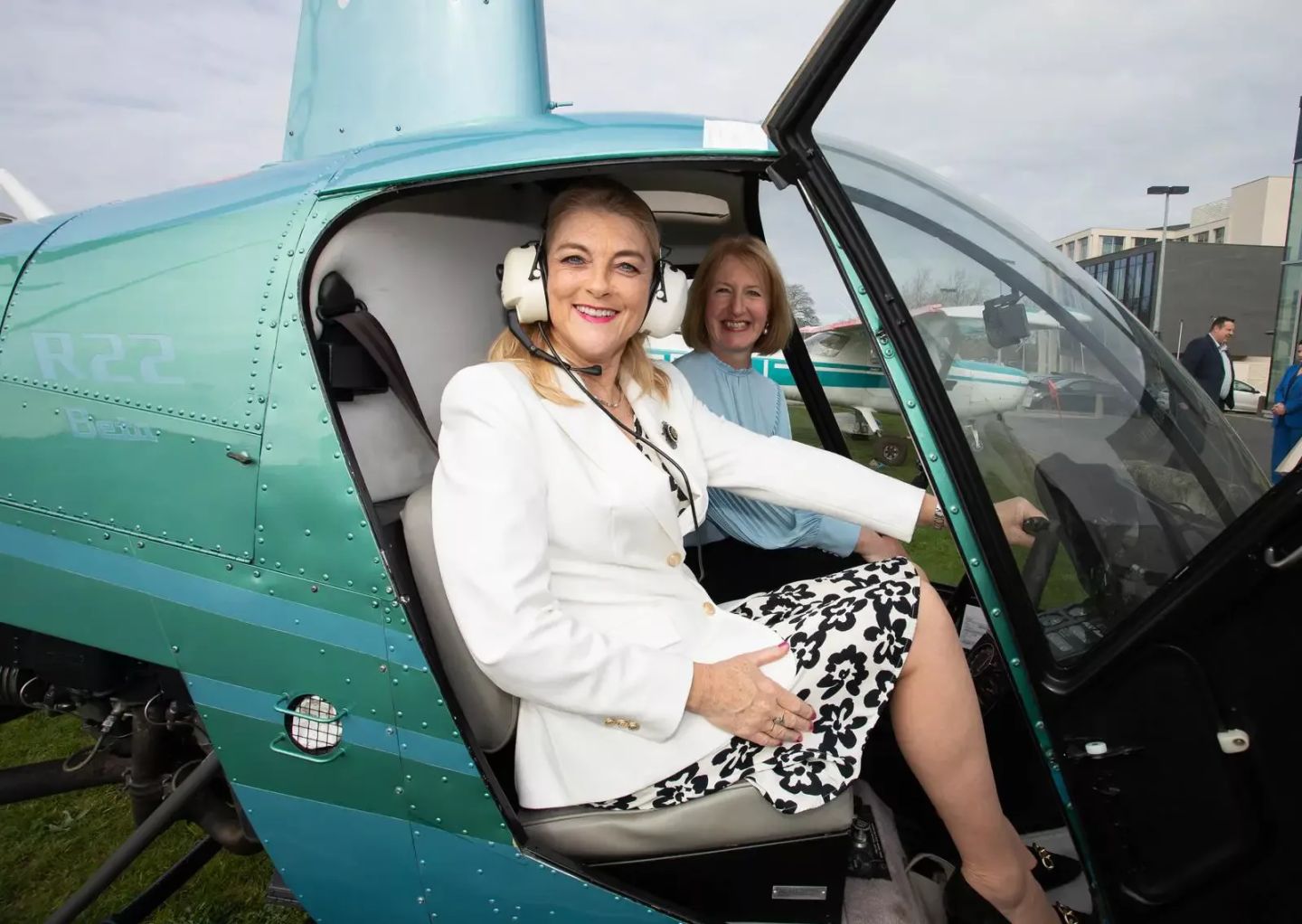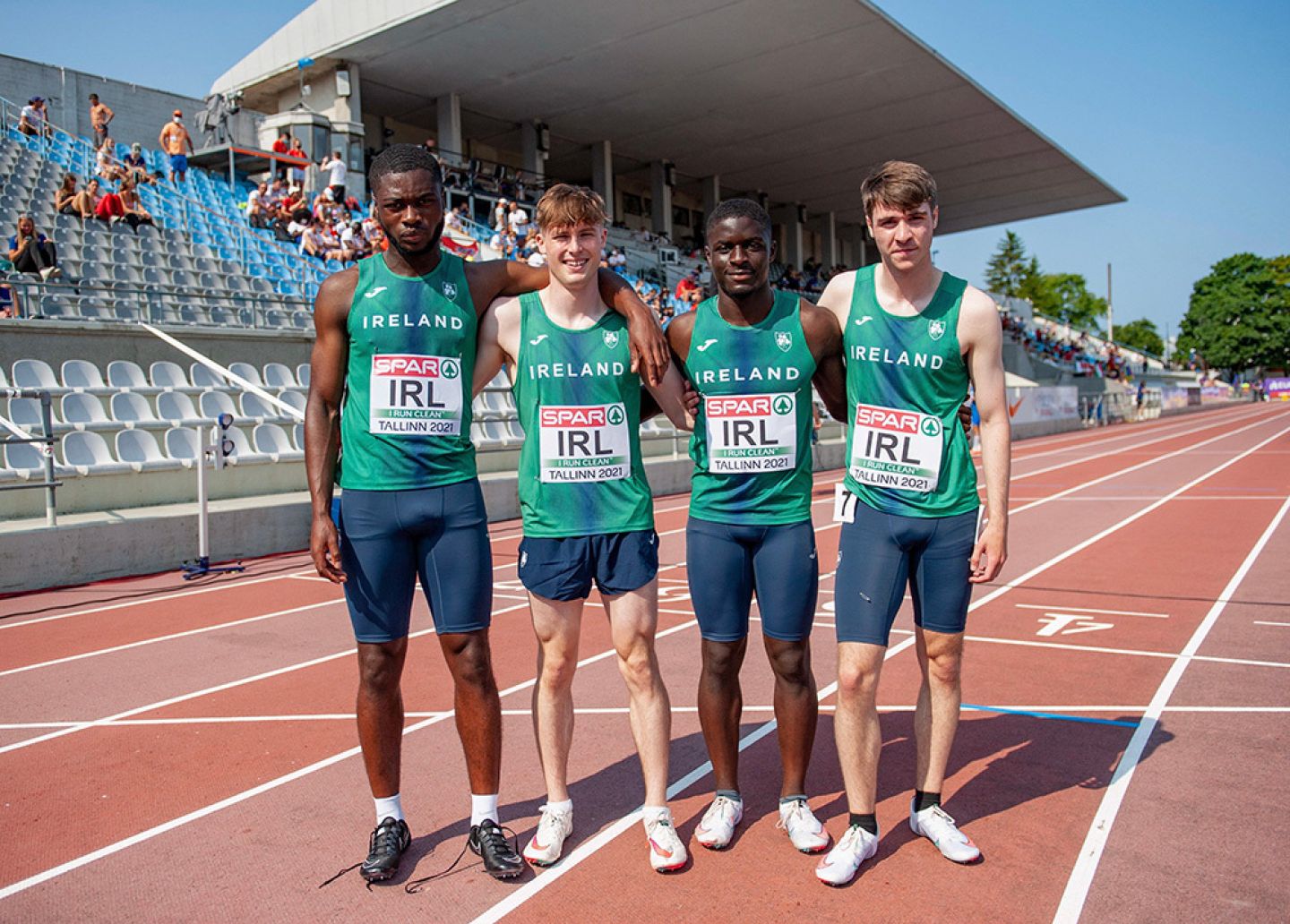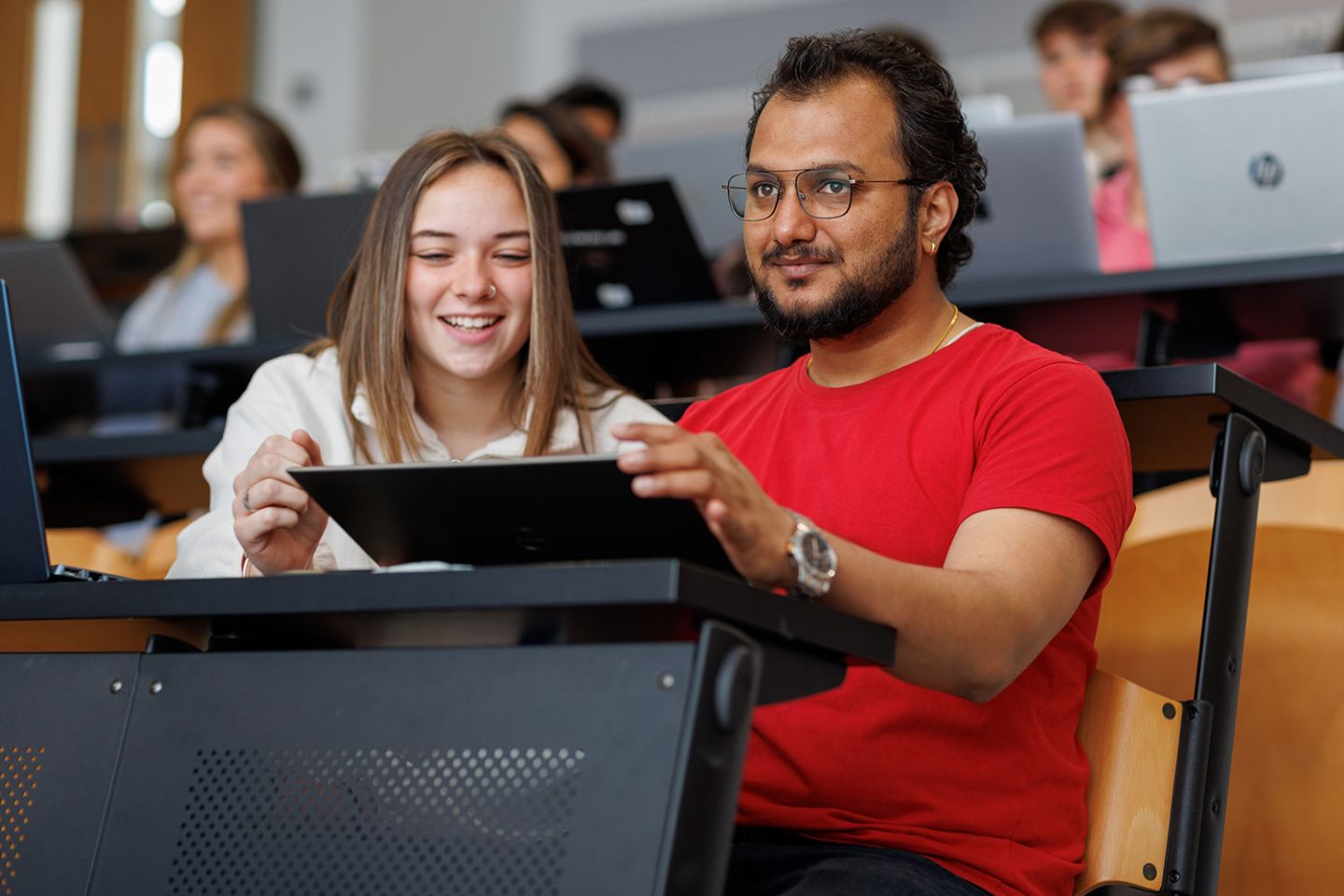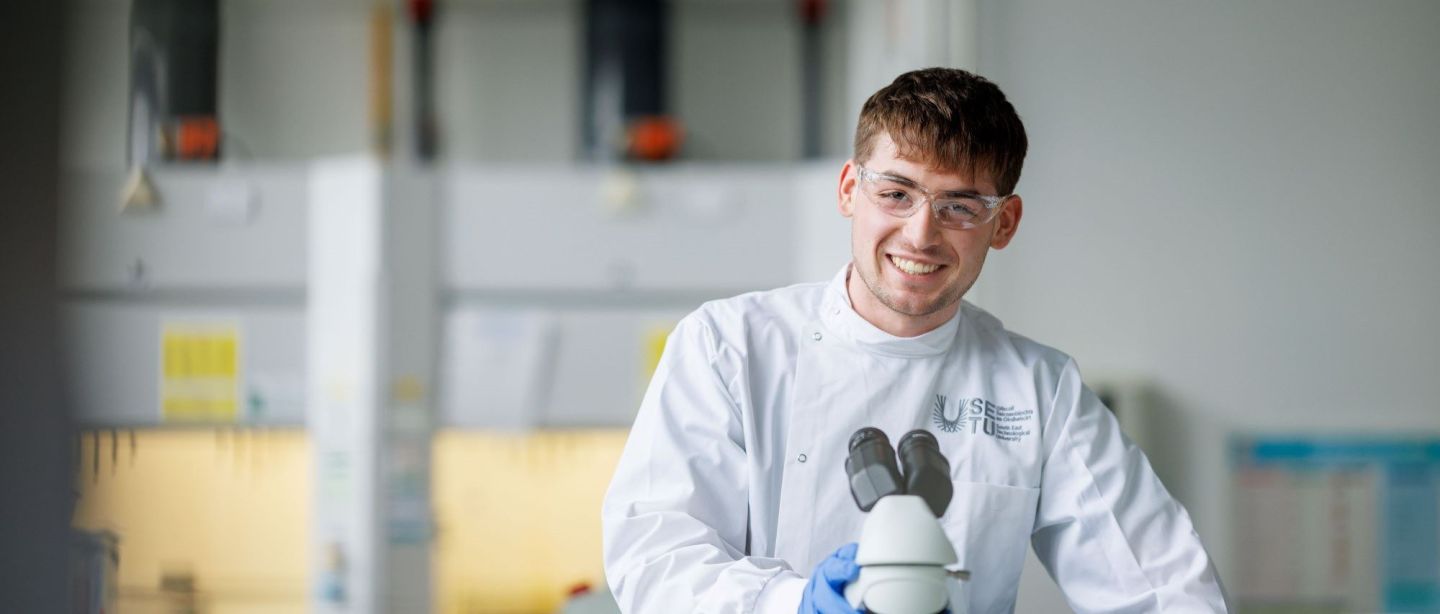Aerospace Engineering
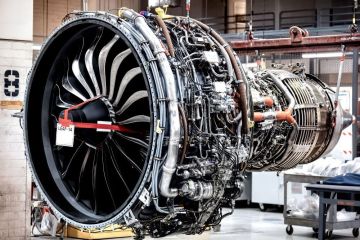
What is the Course about?
Aerospace engineering covers the design and development of all types of aerial and space vehicles. Aerospace engineers bring concepts to reality by applying the principles of engineering to the design, manufacture and operation of highly-sophisticated technologies for use in aviation and space. Engineers work as part of a team using mathematical tools to predict the performance of these vehicles, and perform aerodynamic and structural analysis on evolving designs.
Course Structure
The Bachelor of Engineering in Aerospace Engineering is structured to provide students with a real-world aviation work environment. SETU Carlow has an on-campus aerospace centre comprising a fleet of different fixed and rotary wing aircraft, a modern avionics / UAS laboratory, Garmin equipped flight simulator (Cessna 172), and a wind tunnel for aerofoil design and analysis. These unique facilities ensure students have the very best learning environment, combining theory with practical hands-on experience. Students use industry standard design tools such as SOLIDWORK, ANSYS and MATLAB to design, analyse and simulate flights of aerial vehicles. The programme provide students with skill sets in the areas of aerodynamics, propulsion, aircraft computer networks, flight dynamics, control systems, aircraft leasing, embedded systems and individual / team design projects. In year three of the programme, students complete a work placement module within the engineering sector.
Is this course for you?
If you are interested in the design and analysis of aerial vehicles. Then this may be the programme for you.
Special Features:
- Access to evolving fleet of aircraft at the SETU Carlow campus Centre for Aerospace Engineering
- Exit Awards - Higher Certificate in Aircraft Systems (NFQ Level 6) after Year 2. Bachelor of Engineering in Aircraft Systems (NFQ Level 7) after Year 3.
Year 1
| Semester 1 | Semester 2 |
|---|---|
| Avionics Fundamentals 1 (M) | Avionics Fundamentals 2 (M) |
| Aircraft Anatomy and Design 1 (M) | Aircraft Anatomy and Design 2 (M) |
| Engineering Mathematics 1 (M) | Engineering Mathematics 2 (M) |
| Management Fundamentals and Communications (M) | Aviation Engineering Practice (M) |
| Aviation Science 1 (M) | Aviation Science 2 (M) |
M is a mandatory subject - E is an elective subject
Year 2
| Semester 3 | Semester 4 |
|---|---|
| Human Factors in Aviation (M) | Aviation Maintenance Practices (M) |
| Avionics 1 (M) | Aviation Construction Materials and Hardware (M) |
| Propulsion Systems 1 (M) | Engineering Mathematics 4 (M) |
| Engineering Mathematics 3 (M) | Mechanics of Materials 1 (M) |
| Project 1 (Mechanical) (M) | Project 2 (Avionic) (M) |
M is a mandatory subject - E is an elective subject
Year 3
| Semester 5 | Semester 6 |
|---|---|
| Electrical Propulsion (M) | Aircraft Structures (E) |
| Introduction to Space Engineering (M) | Aircraft Systems (E) |
| Engineering Mathematics 5 (M) | Industrial Studies (E) |
| Mechanics of Materials 2 (M) | Development Project (Engineering) (E) |
| UAS Technology (M) | Work Placement (E) |
M is a mandatory subject - E is an elective subject
Year 4
| Semester 7 | Semester 8 |
|---|---|
| Flight Mechanics (M) | Aircraft Structural Mechanics and Analysis (M) |
| Aerodynamics and Computational Analysis (M) | Aircraft Stability and Control (M) |
| Conceptual Design (M) | Technical Aircraft Leasing and Management (M) |
| Embedded Systems (M) | Computer Networks for Aircraft (M) |
| Research Project (Engineering) (M) |
M is a mandatory subject - E is an elective subject
What are the minimum entry requirements?
- 2 subjects: H5
- 4 subjects: O6/H7
- English or Irish: O6/H7
- Mathematics: O6/H7
What follow-on study opportunities are available?
Graduates may apply to undertake either the taught Masters in Flight Test Engineering (MEng) or the research masters at SETU Carlow or another third-level institution.
What exemptions will I receive?
-Notes
-What will I be able to do when I finish the course?
Aerospace engineers work in many different aspects of the aerospace industry which can involve air vehicle design, engineering analysis, flight testing and software development of avionic and flight systems.
Stories
Course Leader



